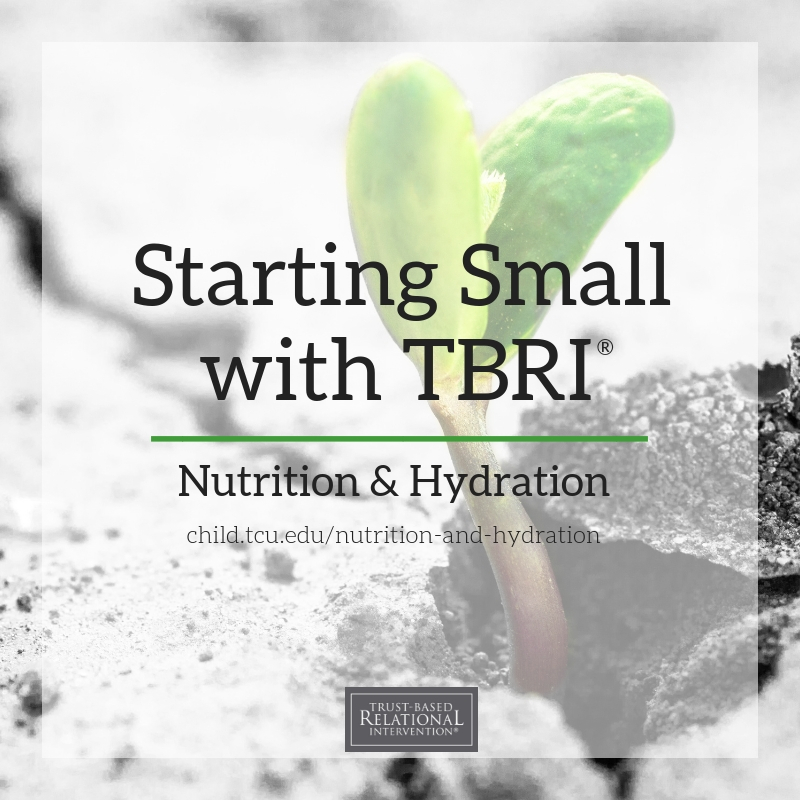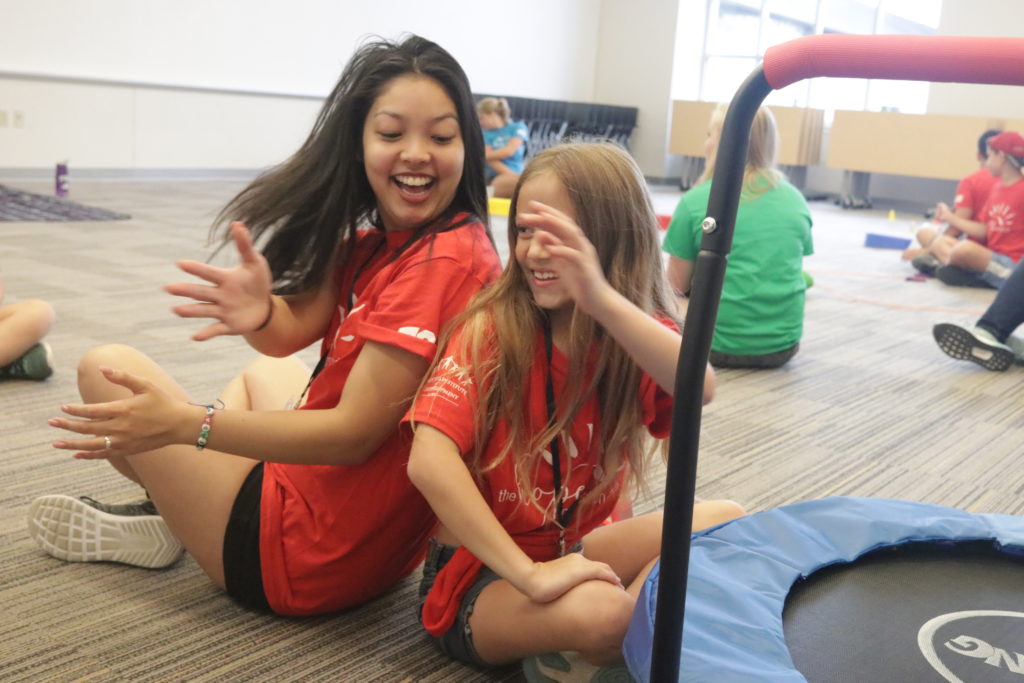
Samantha Singer connects with a camper at Hope Connection 2.0
Beyond the threat of contracting COVID-19, the ripple effects of the virus impact every person, including the most vulnerable among us: children who are at-risk. Shelter-in-place orders have been established to keep us safe from the virus, but sadly, for many children this means staying home with an abuser. Samantha Singer, TCU Child Development alumna and master’s of developmental trauma student, wanted to help. (more…)
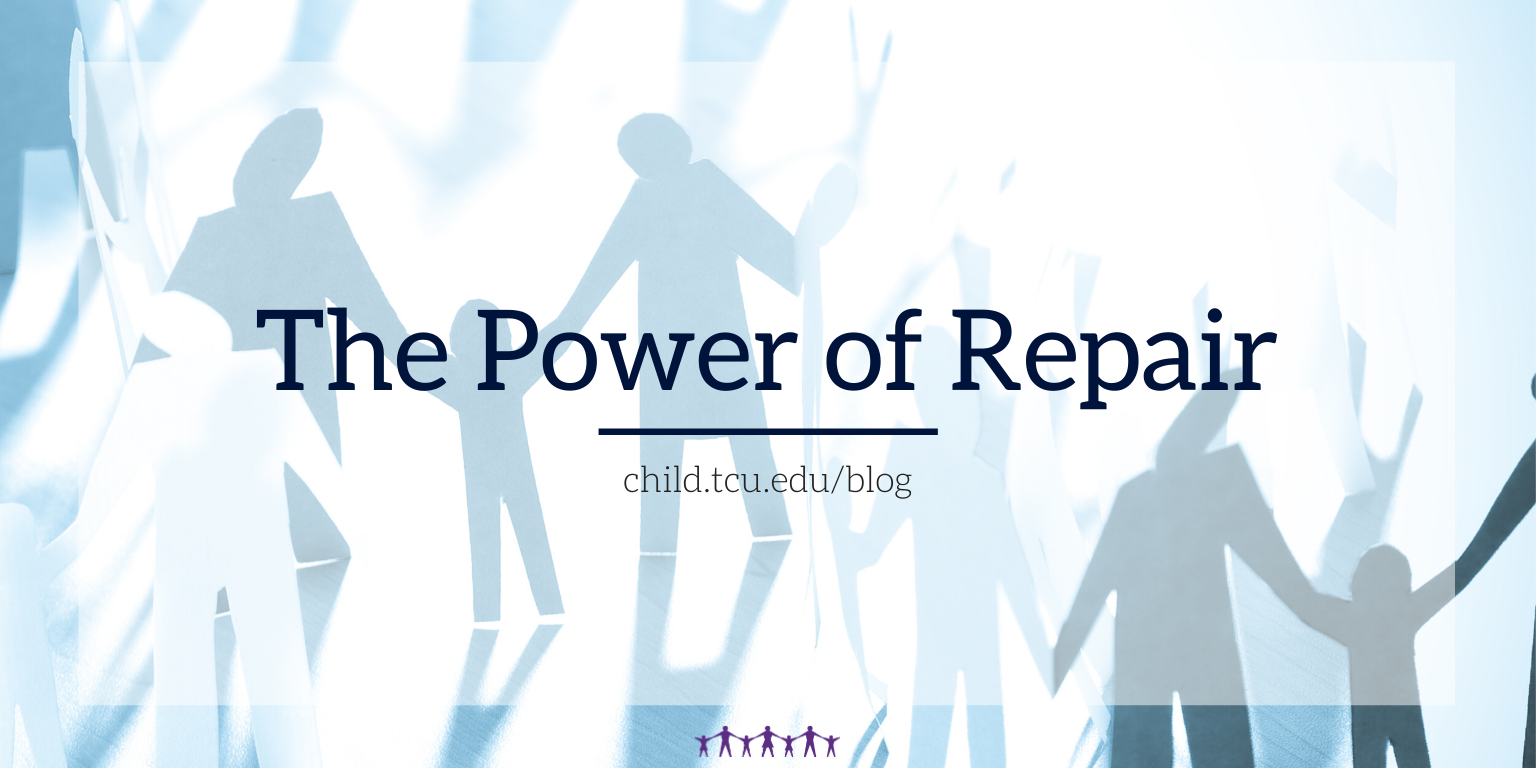
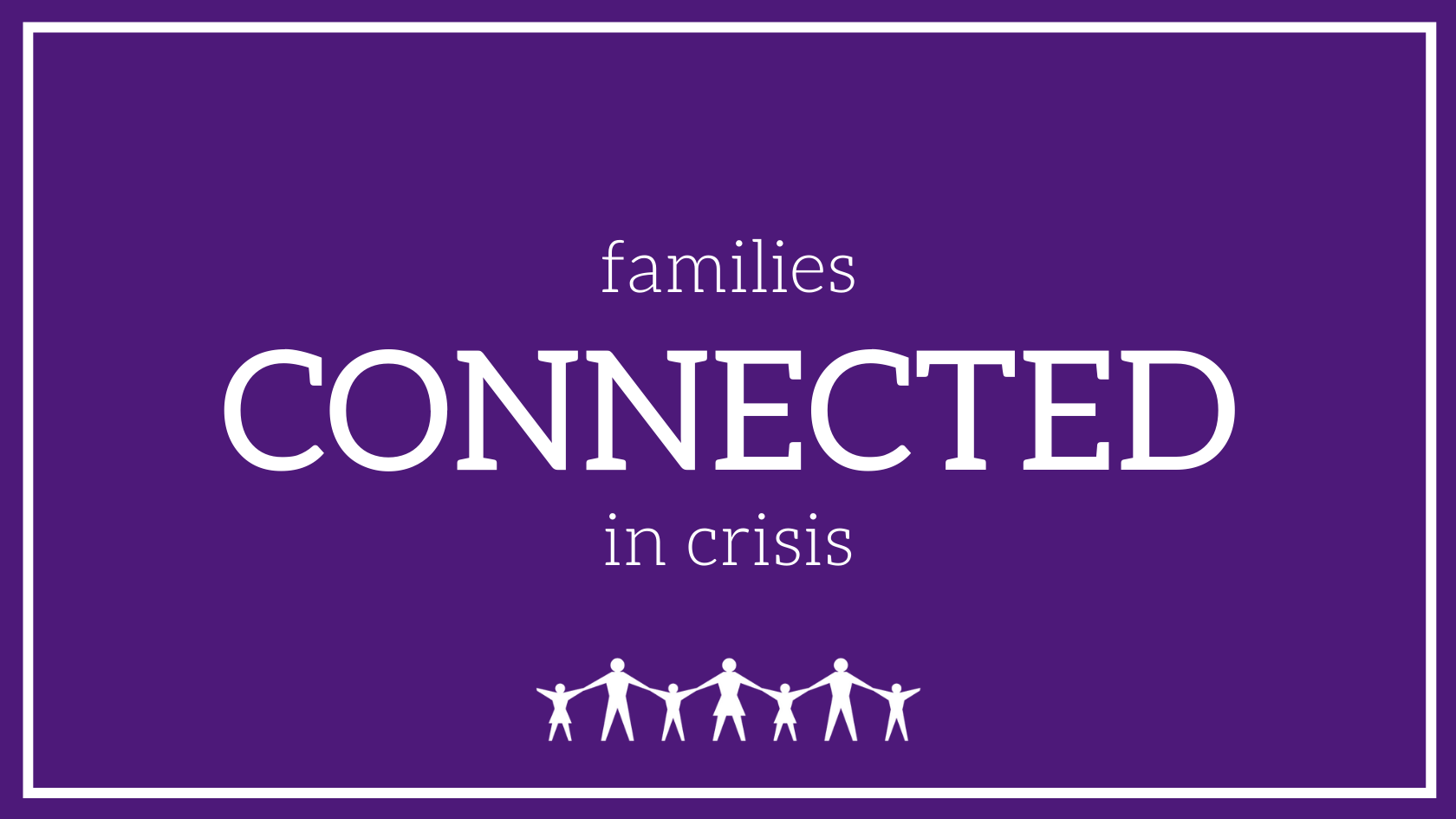 Our work at the Karyn Purvis Institute of Child Development is centered around connection. We study attachment between parents/caregivers and children and connections within communities. So much of
Our work at the Karyn Purvis Institute of Child Development is centered around connection. We study attachment between parents/caregivers and children and connections within communities. So much of 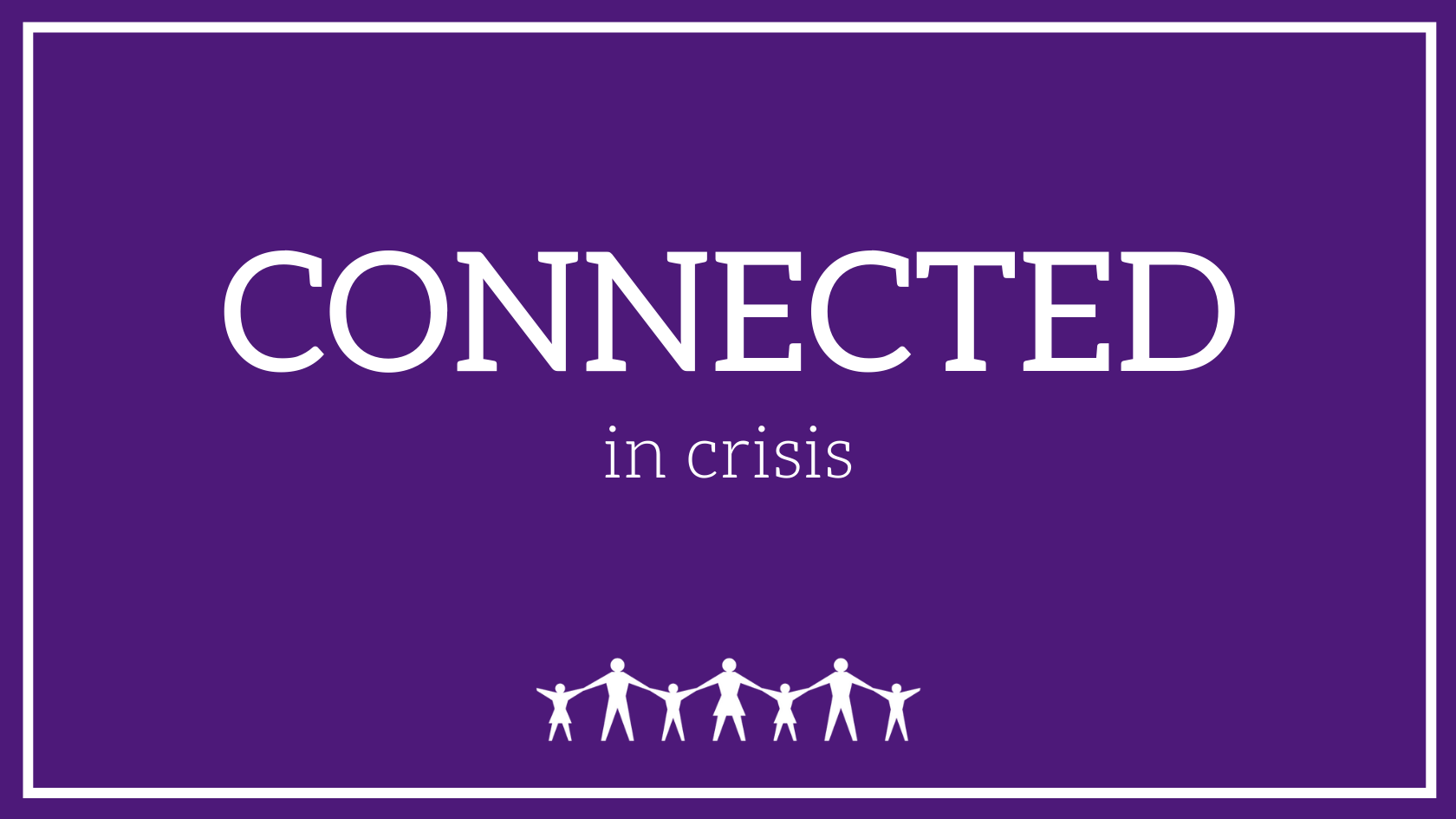
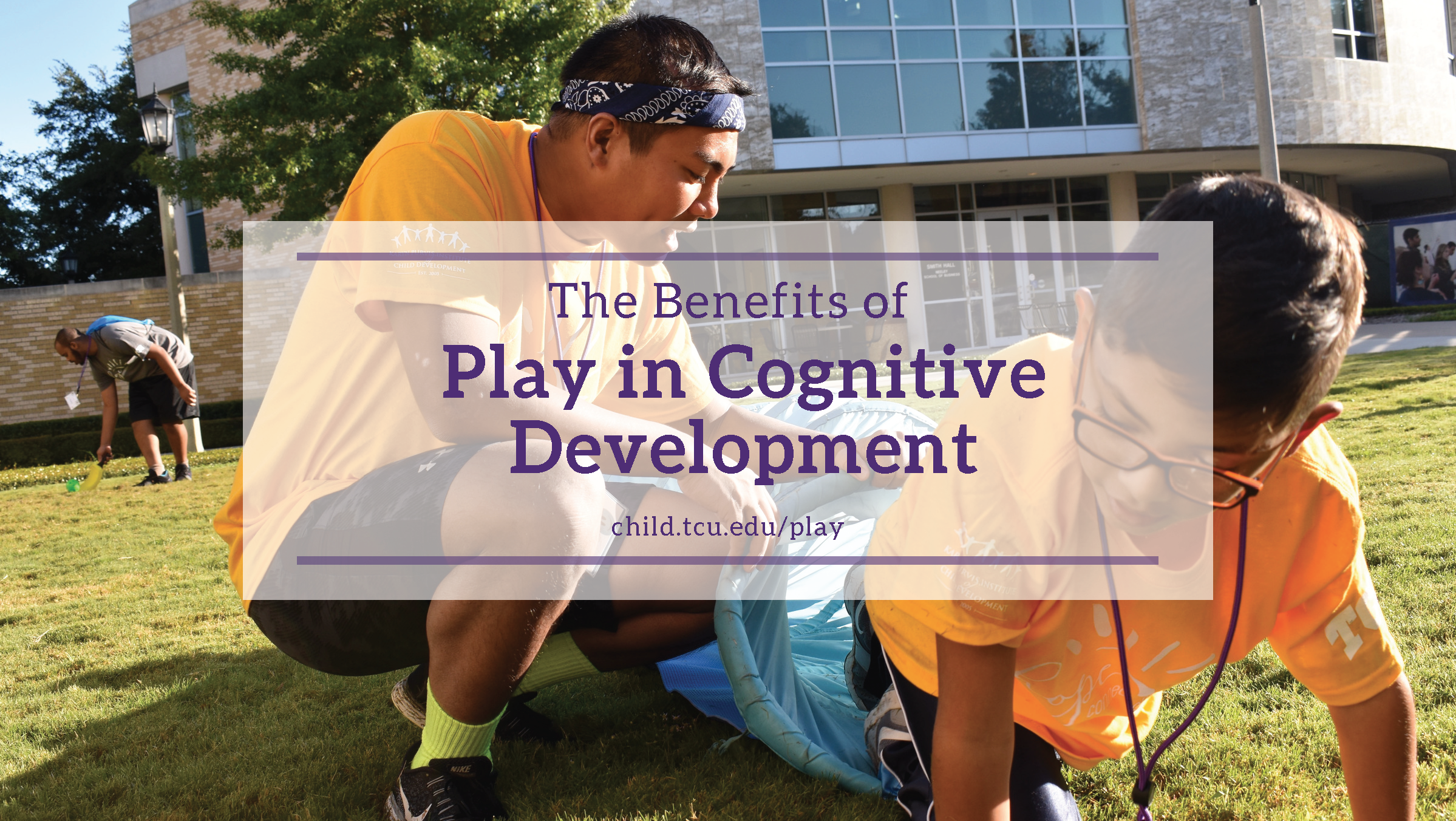
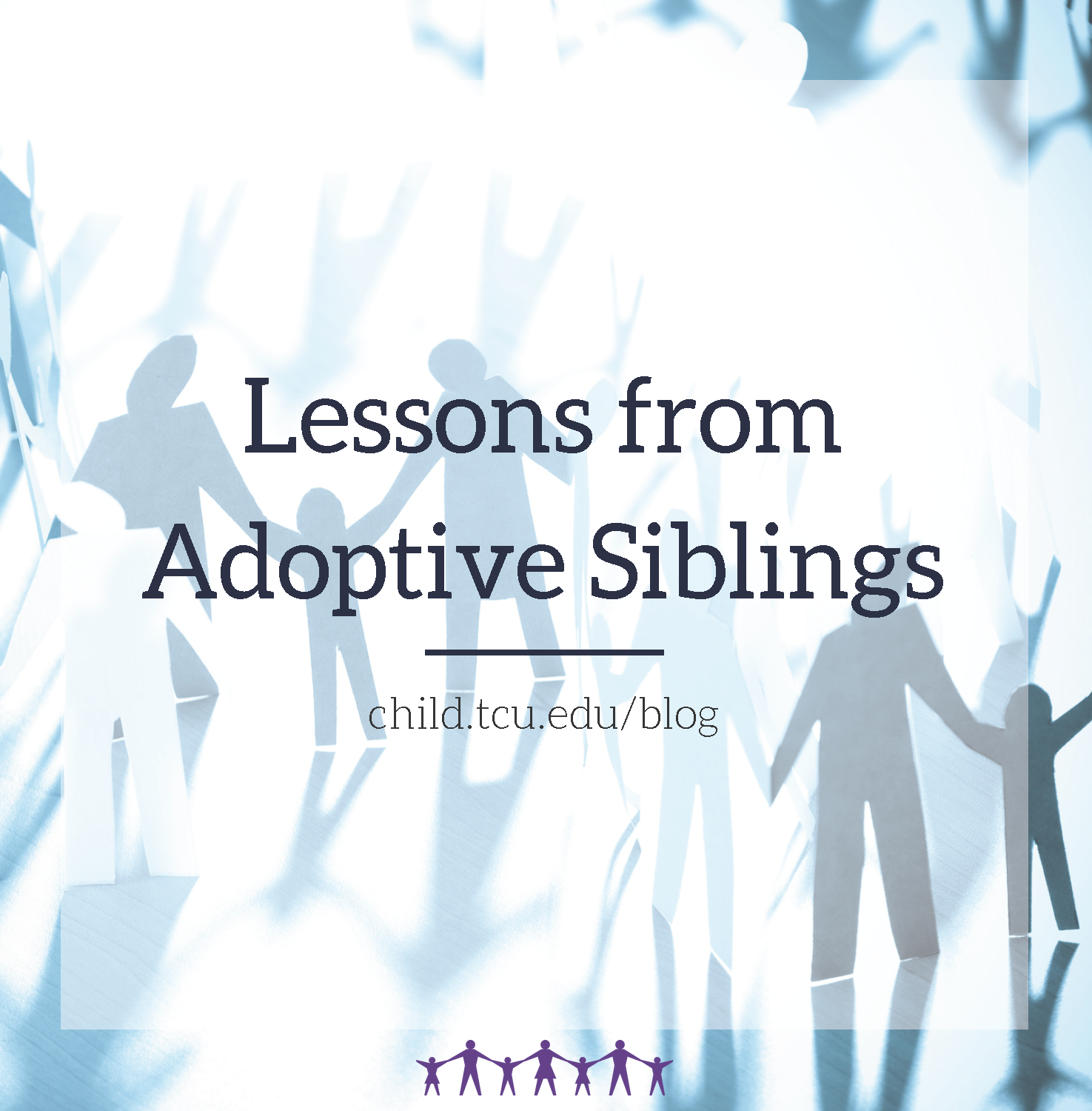 by: Jana Hunsley
by: Jana Hunsley